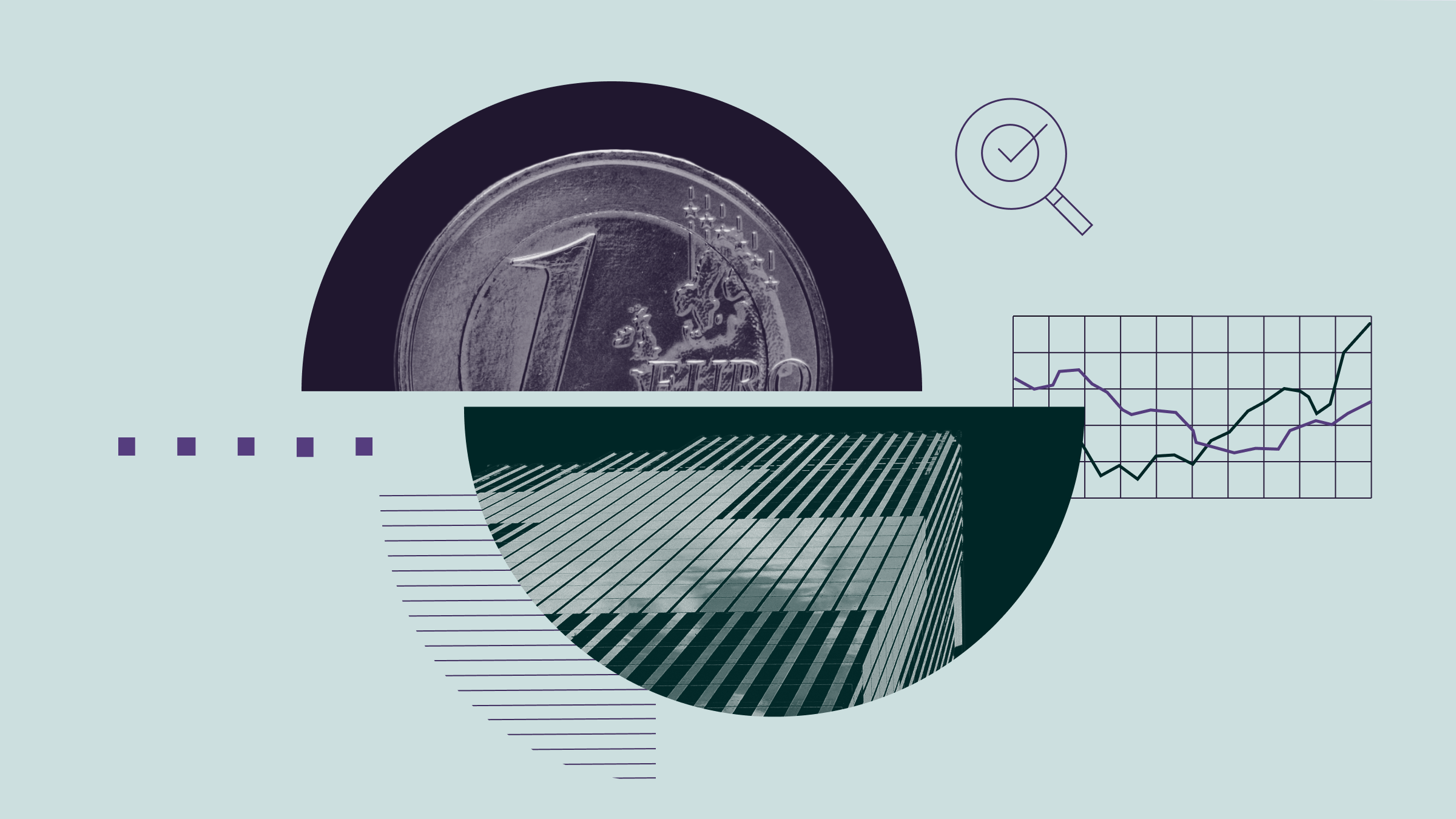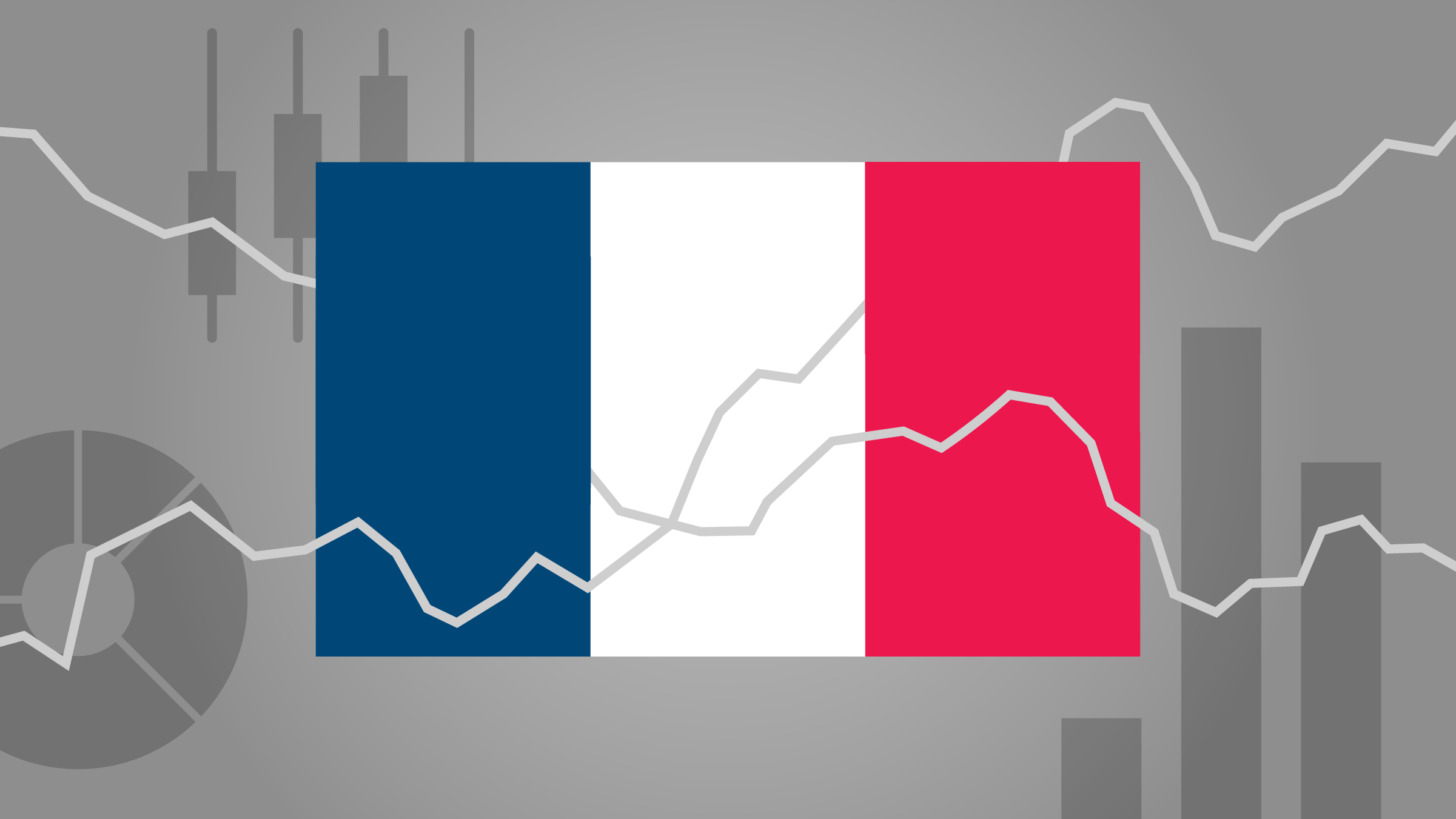I can't tell you how many times I've received that question or variations of it. When I probe further, it's often apparent that the investor is thinking of the ETF as a separate--and perhaps somewhat exotic--asset class unto itself rather than what it actually is: a vehicle that can house any number of investment types.
Yes, ETFs can be exotic, and arguably too hot to handle, in the case of narrowly focused sector vehicles and those that employ leverage. But ETFs can also be extremely safe--for example, SPDR Barclays Capital 1-3 Month T-Bill (BIL) is just one step beyond a money market fund on the risk spectrum. When it comes to underlying investments, the ETF universe is nearly as diverse at this point as is the traditional fund universe.
Focusing on the vehicle you'll use - whether to invest in ETFs, traditional funds, or individual stocks and bonds - without first paying due attention to your asset mix is the equivalent of picking out light fixtures and faucets for your new house before you've picked a home site or signed off on the floor plan.
Job one for most investors is to figure out where to save, such as inside of an ISA or a pension.
Once you have sort that out, the next task - and the biggest determinant of any portfolio's investment results - should be to find an appropriate mix of stocks, bonds, and cash with which to populate your accounts. Nearly all investors should have a combination of all three types of investments in their portfolio.
Only after you have given due attention to those two tasks does it make sense to think about the specific investments you will hold, whether traditional actively managed funds, traditional index funds, ETFs, or individual stocks and bonds. It's also worth noting that no one needs to pick sides in this debate: Many successful investors hold some combination of these vehicles to good effect.
“But Seriously, How Much Should I Hold in ETFs?”
Capital allocation (where you invest) and asset allocation (what you invest in) should trump considerations of investment specifics. But that's not to say the question about how much to hold in ETFs is without merit. Here are some of the key questions to ask yourself when determining how much, if any, of your assets to hold in ETFs.
How much control do you want over your asset mix?
One big advantage of ETFs versus actively managed funds is that, since nearly all of them track specific indices, you can gain exposure to a pure play on a given slice of the market. Since there's no active manager at the helm, you're not going to find that your mega-cap-focused ETF is suddenly hoarding cash or gobbling up small stocks. What you see is what you get with an ETF, which can appeal to those who want tight control over how much they hold in various asset classes. However, that focus can be a double-edged sword. If you're looking for an active manager to protect you in market downdrafts or act opportunistically when securities get cheap, that's not going to happen with an all-ETF portfolio. The onus is on you to execute any such trading.
Do you want to make a tactical play?
In a related vein, ETFs can be appealing for those who want to use ETFs to make short-term, tactical bets on various sectors and asset classes. That's because you can trade ETFs intraday, allowing you to respond to real-time events as they unfold. And because of ETFs' pure-play nature and the fact that some focus on very narrow market segments, as well as short and use leverage, ETFs allow speculators to execute their positions with some level of precision. Of course, such speculative bets can go badly awry, too, and frequent trading can also be costly from a transaction-cost standpoint.
What's your track record of picking - and sticking with - actively managed funds?
Finally, if you're trying to decide how much to stake in ETFs (or any index fund, for that matter) it's worth assessing your track record of selecting actively managed funds in the past. Have you done a good job of selecting funds based on their fundamental merits, such as low costs and a disciplined strategy, and then sticking with them through thick and thin? Or have you bought a fund at a peak only to panic-sell when performance hit the inevitable trough? If the latter describes your investing pattern, you may find that sticking with passive index-trackers can help you tune out some of the self-doubt that can plague those who select active managers.
















